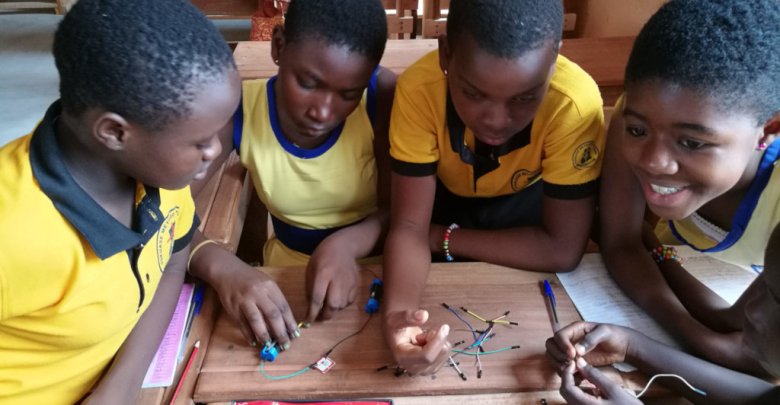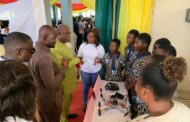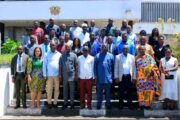Today, Thursday, 11 February 2021, the United Nations, partners worldwide, women and girls will mark the International Day of Women and Girls in Science, celebrating the theme, of 2021 is “Women Scientists at the forefront of the fight against COVID-19”.
The Day focuses on the reality that science and gender equality are both vital for the achievement of internationally agreed development goals, including the 2030 Agenda for Sustainable Development.
However, long-standing biases and gender stereotypes are steering girls and women away from science-related fields. According to data from the UN Scientific Education and Cultural Organization (UNESCO), fewer than 30% of researchers worldwide are women and approximately 30% of all female students select STEM-related fields in higher education.
Globally, female students’ enrollment is particularly low in ICT (3%), natural science, mathematics, and statistics (5%), and engineering, manufacturing, and construction (8%).
To achieve full and equal access to and participation in science for women and girls, and further achieve gender equality and the empowerment of women and girls, the UN General Assembly adopted resolution A/RES/70/212 declaring 11 February as the International Day of Women and Girls in Science.
In 2019, the Space Science System Research Institute (SSSRI) announced to train 1000 girls in Basic and Senior High Schools across the country in Science, Technology, Engineering, and Mathematics (STEM) education in Ghana.
The training dubbed “Get 1000 Girls in STEM Education” was estimated to cost about $200,000.
In Ghana, statistics and information available from the Science, Technology and Mathematics Education Unit of the Ministry of Education indicate that although a significant number of girls study science in high schools, the numbers reduce as they progress to the tertiary level with a further reduction at the postgraduate level.
Source: Mybrytfmonline/Kofi Atakora




















































